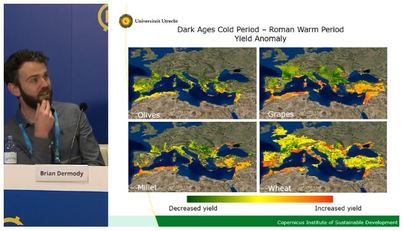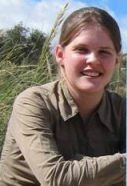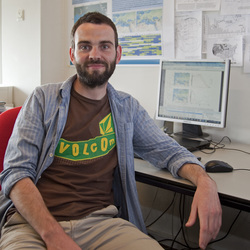
The European Geosciences Union conference takes place every year in Vienna. It hosts around 15,000 scientists on all topics to do with geoscience. This year I was invited to take part in one of the daily press conferences they organise. The topic of the press conference was Past civilisational resilience and collapse.


 RSS Feed
RSS Feed
